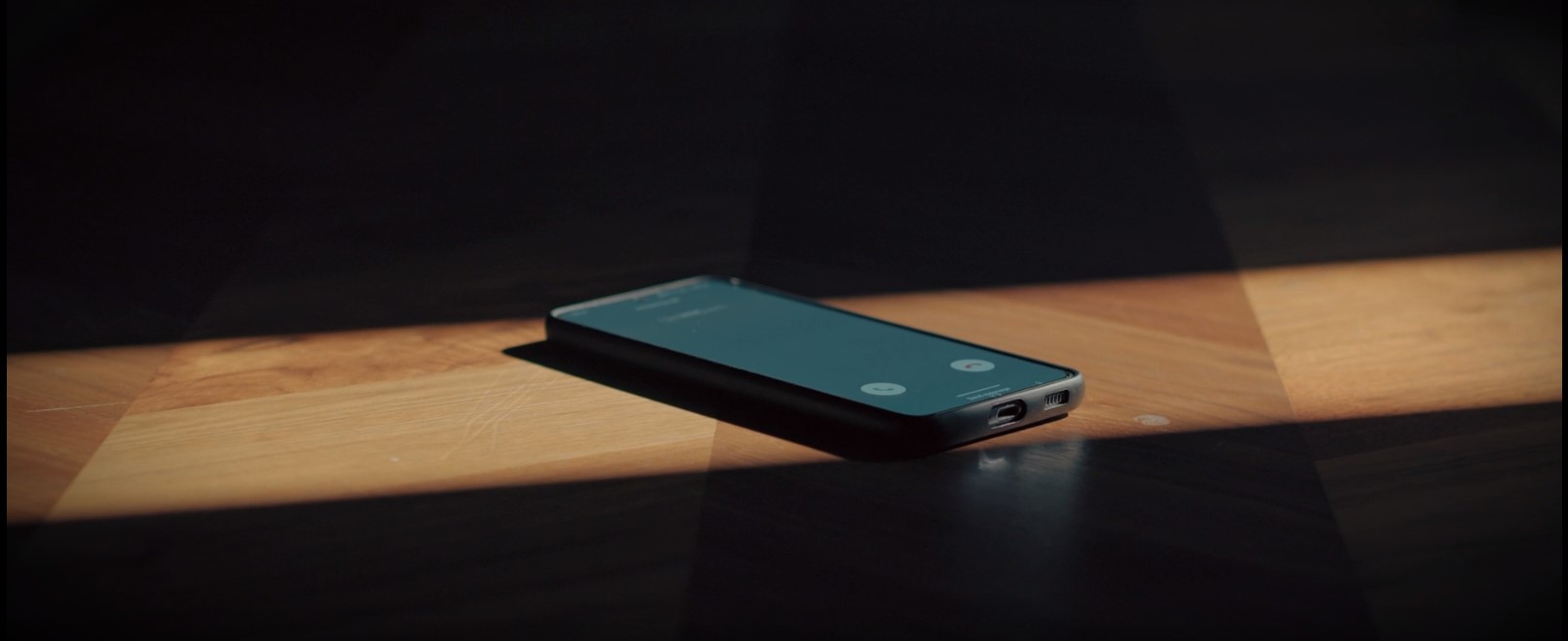Tesco loses Clubcard Appeal
Insight

The Court of Appeal has largely upheld the findings made against Tesco last year that its Clubcard logo infringes Lidl’s brand.
In doing so, the appeal court endorsed the judge’s summary of the law on trade mark infringement under Section 10(3) of the Trade Marks Act and Passing Off. Applying those laws to the facts, the Court of Appeal expressed doubts as whether it would have come to the same view as the High Court Judge but thought that the judge’s view was not “rationally insupportable”. This is the high test applied by appellate courts when challenges are made to findings of fact on the part of the first instance judge. However, this may mean that in subsequent cases courts might be cautious about following the reasoning of the first instance judge’s findings of infringement.
Key points
The background to the case and the first instance decision can be found in our earlier article here.
The Court of Appeal agreed with the judge’s decisions on trade mark infringement and Passing Off. This is because they decided that the judge was entitled to reach the core conclusion under appeal that Tesco’s use of the yellow circle in a blue square in its Clubcard campaign conveyed to consumers that Tesco was price matching to Lidl. This caused detriment to Lidl and diluted its trade mark. It also constituted Passing Off.
On the additional findings of copyright infringement made by the judge, Tesco had a small victory on appeal. However, this will not impact the overall outcome that Tesco will have to rebrand. The Court of Appeal said that where copyright subsists in quite a simple work (a yellow circle in a blue square), then infringement can be avoided minor changes in the work that is said to infringe. Here, the Court of Appeal took into account that a different shade of blue was used in the Tesco mark and the gaps between the edge of the overall work and the yellow circle differed from those on Lidl’s brand. Those changes were enough to defeat the narrow scope of the copyright in Lidl’s brand and there was therefore no copyright infringement.
Lidl took the opportunity to cross-appeal against the judge’s ruling that it’s earlier trade mark registrations should be invalidated. However, the Court of Appeal upheld the judge’s findings that those registrations were abusive and made in “bad faith” where no evidence had been produced by Lidl of an intention to use the earliest trade marks. The first instance judge had also found subsequent trade mark registrations every five years (to meet any challenge of non-use in each five year period: so-called “evergreening”) were also abusive. The Court of Appeal agreed. This decision might be impacted by the Sky/Skykick case which is pending before the UK Supreme Court. This is due to consider issues of “bad faith” in trade mark registrations.
The last word?
The ultimate outcome is that Tesco will have to re-brand, something which is likely to cost it millions of pounds, as well as paying compensation to Lidl along with the majority of its legal costs.
The case serves as a lesson in sailing too close to the wind in mimicking a competitor’s brand. However, in the so-called “Supermarket Wars” it is unlikely to be the last battle.
The full Court of Appeal decision is here.
This publication is a general summary of the law. It should not replace legal advice tailored to your specific circumstances.
© Farrer & Co LLP, April 2024






